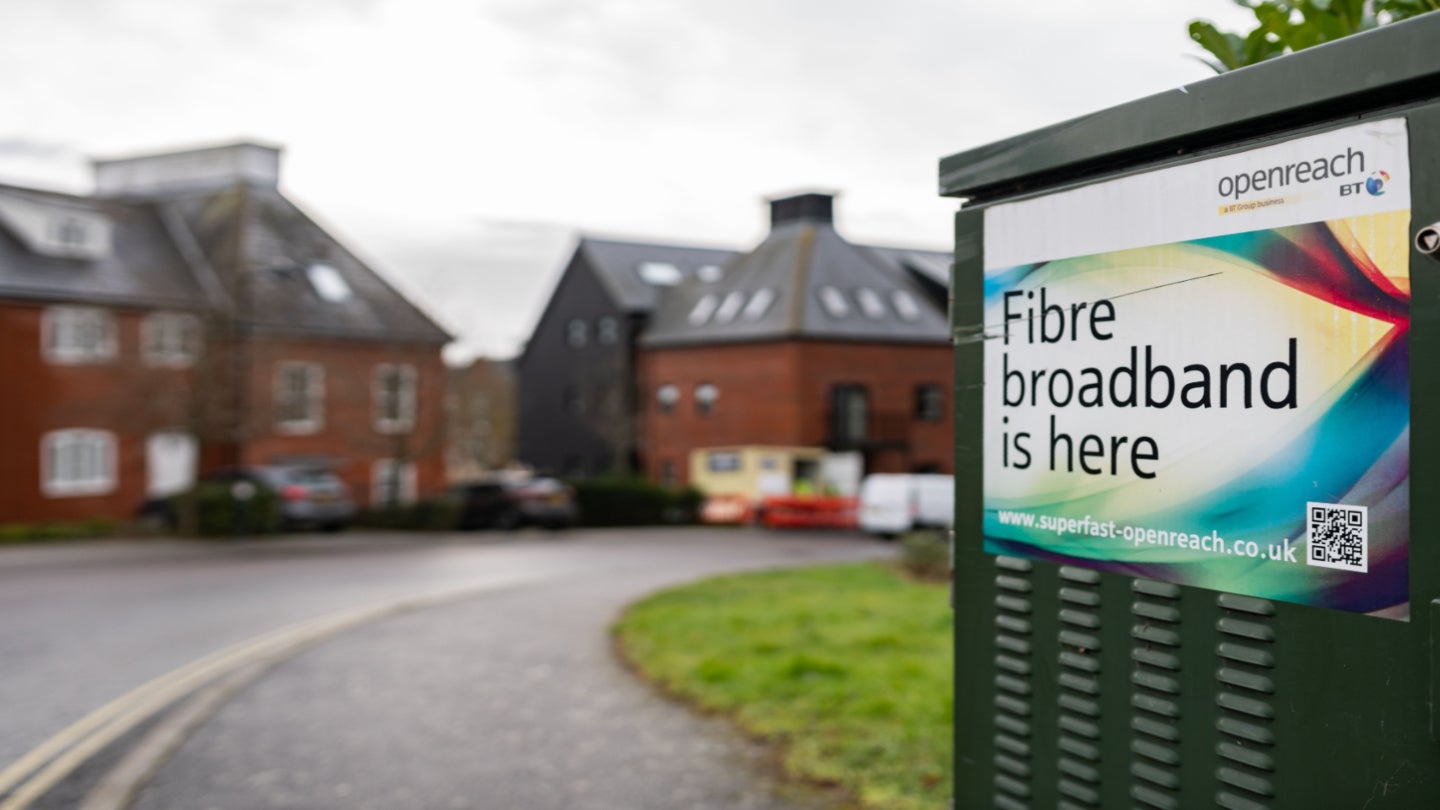
The misquote ‘if you build it, they will come’ is often used to justify speculative investments and business ideas. There is an assumption in the UK FTTP (Fiber to the Premises) market that it holds true.
UK regulator Ofcom has reported that full-fiber broadband is now available to 12.4 million homes and that Gigabit-capable broadband (full fiber and upgraded cable networks) is available to 20.8 million homes. This is mainly delivered by BT Openreach, Virgin Media O2, and CityFibre, but also complemented by numerous niche operators of varying size (an estimated total of over 120 fiber providers).
Ofcom’s latest report estimates that full-fiber take-up (where available) is 25%, with an estimated 1.4 million new full-fiber connections in the year to September 2022 – so that is 1.4 million customers versus a market potential of 12.4 million. It is not that the service providers are discouraging adoption. Where I live, I have three Gigabit-capable services pass the house, I have had flyers, web adverts, bill promotions, and even a door-to-door salesperson trying to get me to switch. But I have no need to because I have two 80Mbps lines already and bandwidth is not a problem, so why bother?
Gigabit broadband – market concerns
There are early indications of some market concern. Zen Internet, which retails services based on CityFibre’s network, has confirmed to industry sources that nationwide access is now expected to be delayed until the end of 2023. BT Openreach has launched a set of long-term discounted pricing offers (up to 15% cheaper and dubbed Equinox 2) which appears to be targeted at large wholesale customers like TalkTalk and Sky.
And now lawyers are getting involved, with CityFibre having submitted a complaint to the Competition and Markets Authority (CMA) about Openreach’s recent price cuts to exploit its market dominance: CityFibre CEO Greg Mesch said ‘If left unchecked, BT Openreach will strangle competition and threaten the pace of the UK’s full-fiber roll-out.’
Lutz Schüller, CEO of Virgin Media O2, also offered an opinion: “It’s vital that these wholesale pricing proposals are thoroughly scrutinized to ensure Openreach is not using its market power and dominance to lock in providers and deter them from switching to other networks.’
How well do you really know your competitors?
Access the most comprehensive Company Profiles on the market, powered by GlobalData. Save hours of research. Gain competitive edge.

Thank you!
Your download email will arrive shortly
Not ready to buy yet? Download a free sample
We are confident about the unique quality of our Company Profiles. However, we want you to make the most beneficial decision for your business, so we offer a free sample that you can download by submitting the below form
By GlobalDataA battle for market share
This tension is getting palpably stronger as billions of pounds are being invested with little in terms of revenues yet to result – all within the context of a cost-of-living crisis. It is a battle for market share as most full-fiber products are priced as substitutes for existing broadband products. It is a typical telecoms battle.
The focus has been on technology and engineering. When it comes to actual customers, the proposition is about speed, then price – rarely about tangible customer benefits. This scenario has been played out over and over in telecoms since deregulation. They have built it outside my house but as yet I see no reason to switch.






